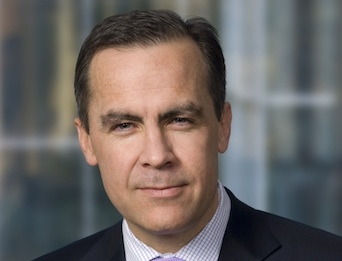The Consumer Prices Index (CPI) 12-month rate was 3.0% in December 2017, down from 3.1% in November 2017, ONS reported today.
Some experts have suggested the drops implies that the recent rapid rise in inflation has peaked while others were less certain.
The Consumer Prices Index, including owner occupiers’ housing costs, (CPIH) 12-month inflation rate was 2.7% in December 2017, down from 2.8% in November 2017. Following a steady increase from late 2015, since April 2017 the CPIH rate has levelled off at between 2.6% and 2.8%.
ONS said the downward trend on CPI came mainly from air fares, along with a fall in the prices of a range of recreational goods, particularly games and toys. These downward factors were partially offset by an increase in tobacco prices, reflecting duty increases that came into effect following the Autumn Budget, along with an increase in petrol and diesel prices.
Ben Brettell, senior economist, Hargreaves Lansdown, said: “A sigh of relief from Mark Carney and colleagues this morning, as December’s inflation figure showed a slight drop to 3.0%.
“In January last year consumer price inflation stood at just 1.8%, but rose to what now looks like a peak of 3.1% in November. It now seems likely we’ll see the rate steadily fall back towards the 2% target over the next year or so, though the ONS reckons it’s too early to say the peak has been reached.”
“All this has implications for interest rates. Given the continued headwind posed by Brexit uncertainty, I don’t see why the Bank of England would rush to raise rates again this year.”
Ed Hutchings, senior portfolio manager for UK sovereigns at Aviva Investors, said: “It was highly expected that the UK inflation data would bring about a plateau in the recent moves higher.
“Looking ahead, it is likely that UK inflation will begin to fall away, marking a turning point from current levels and, in doing so, move away from letter-writing territory. With the remaining uncertainty surrounding Brexit negotiations, and wage gains still very much subdued, the Bank of England is likely to continue to proceed cautiously when raising rates further.”
Shilen Shah, bond strategist at Investec Wealth & Investment, said: “ Looking forward in 2018, inflation is likely to be moderate given the base effect and limited core price pressures in the dominant service sector.
“For the BoE the key uncertainty is whether a tight labour market will eventually lead to an increase in core service sector prices – which may force it to change its current policy stance.”

